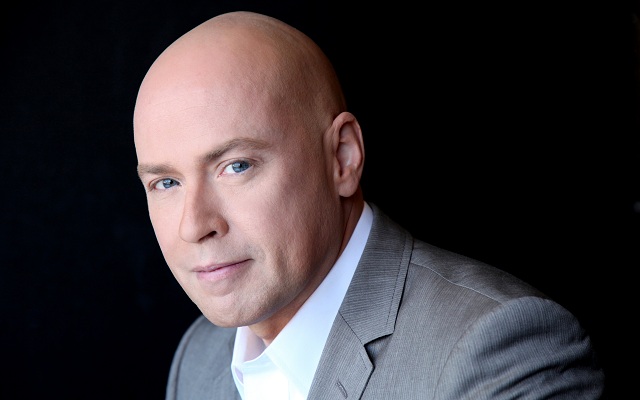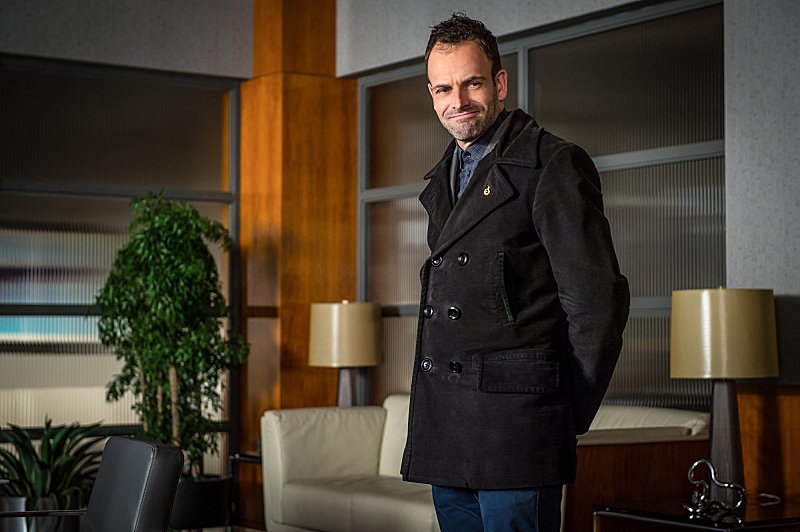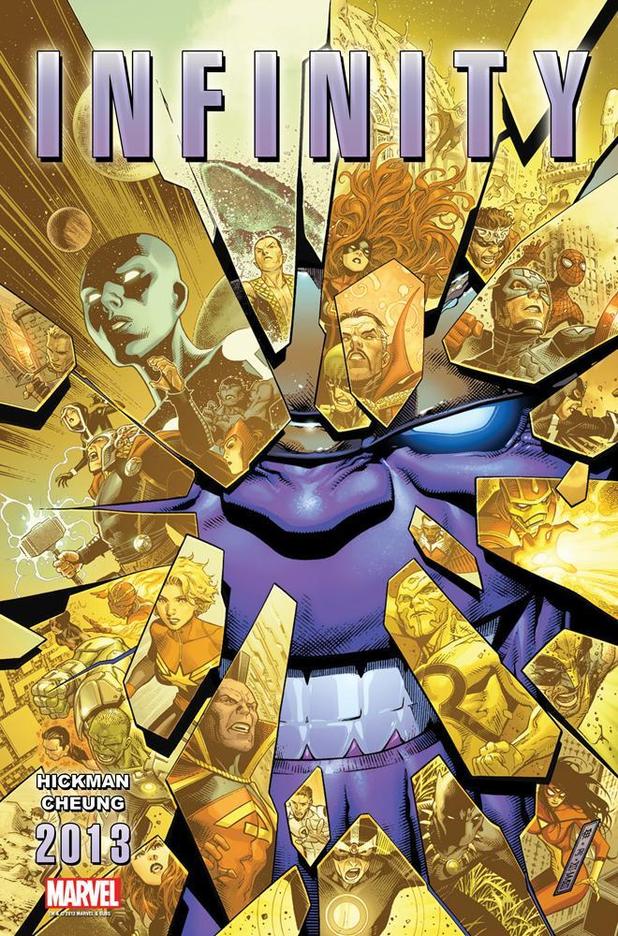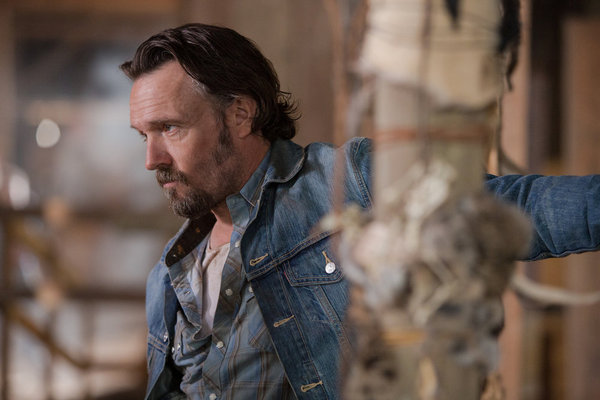There’s a scene just before the third act climax in Michael Bay’s magnum opus Bad Boys II where Marcus and Mike are about to head out on a suicide mission, against strict orders, to rescue Marcus’s sister/Mike’s girlfriend Syd. Suddenly, some SWAT members walk in and one says, “I don’t know you, but you look like you’re about to do something stupid.” The SWAT members then help them on their ridiculous suicide mission.
My name is Dylan Moses Griffin. You don’t know me, but I’m about to do something stupid, and I’m hoping you’ll join me on this ridiculous suicide mission. I am here today to plead the case of Michael Bay as being great in his own totally unlikable way.
There’s hardly a director more disliked, it seems, than Michael Bay. It’s understandable, as the man has spent the better part of the past decade making films with farting robots. But let’s not let the bad taste of the Transformers films cloud our judgment too much. Let’s not forget that this same guy brought us action classics such as The Rock, Bad Boys and Bad Boys II. Even his less beloved films, like Armageddon and The Island, still have their charms in popcorn movie viewing. The less said about Pearl Harbor the better though. And then there’s Pain & Gain, Michael Bay’s true masterpiece that acts as both manifesto and self-critique of his own energetic and over-the-top filmmaking style. So really, it seems that it’s the Transformers films that rub people the wrong way, and even the first and fourth films are genuinely mindless fun.
But one thing that can’t be denied is that his films make money, and what I’m wondering is—what if that’s the point? Just like Nicolas Winding Refn’s art is exploring violence and hyper-masculinity, or Buster Keaton’s art was pulling off unbelievable physical stunts with masterful comedic timing, or David Lynch’s art is exploring the surreal and strange, what if Michael Bay’s art is making money?
Just look at his Twitter account. In his info section, it reads “As one of Hollywood’s boldest and most bankable feature film directors, Bay’s repertoire has grossed $6.4 billion in worldwide ticket sales.” Let’s take a closer look at this and notice everything he excludes. No “Two of my films are in the Criterion Collection”, no “I directed Pain & Gain, probably the greatest American film of the century”, no “3 of my Transformers films have Academy Award nominations and your favorite film doesn’t haha” or anything else that most filmmakers would say to prove their legitimate artistic currency. No, he writes how much money he has made.
Michael Bay doesn’t need artistic currency, because he has actual currency. All Michael Bay really cares about is making money, but here’s the question – is that such a bad thing? Can we really fault him so hard for being so good at something? If Michael Bay is really as bad as we all think he is, then why is he worth so much money? Truly terrible directors don’t make the kind of money that Bay’s films do.
Michael Bay has directed 11 films in his career, and only one of them can be marginally considered a box office failure. That film was The Island, which only grossed $162 million against an inflated $126 million. Every other film of his has eclipsed their budgets, with massive returns. Even his lowest grossing film, Pain & Gain ($86 million) made nearly four times more than its budget ($26 million).
One personal definition for an auteur I’ve adopted is that their work is something that can be imitated, but never replicated. Guess what? Bay’s work is something that is often imitated, but never successfully replicated. Hollywood scientists have been trying for quite some time to successfully engineer another Michael Bay—Jonathan Liebesman, Peter Berg, McG, D.J. Caruso, and Brett Ratner to name a few. The more Michael Bays to go around, the more money for everyone. But just like Highlanders, there can only be one Michael Bay. The films by those directors just didn’t have the money magic that Bay does, nor the inherent sense of fun that Bay has. The entertainment value in the films by those filmmakers are manufactured to the point where there’s no cinematic voice behind it. Give the man some credit, at least you know when you’re watching a Bay film – even when Mark Wahlberg slams down a quick product placement beer and then asks his daughter to hand him his “space-gun”, you get the sense that at least Bay believes in what he’s selling. He’s going to earn that corporate paycheck.
The big thing that sets Bay apart from his imitators is that nobody gets the money shot like he does. The money shot can be a number of things, but it’s mainly what appears in trailers to hype everyone up – explosions, heightened sexual shots of people, guns firing, moments of high dramatic tension/action. While other directors have a few money shots in their films for the trailer, all of Michael Bay’s shots are money shots, tailor made to be trailer ready. With Bay, anything can be a money shot. Optimus Prime riding a robot T-Rex? That’s a money shot. Mark Wahlberg doing pullups? That’s a money shot. Will Smith and Martin Lawrence revealing themselves under Klan hoods? That’s a money shot. Bay even shoots more mundane activities in his movies like it’s the most urgent scene in existence. He revolves his camera around his characters while they talk about things as boring as the lawn, canting his angles and amping up the lens flares like life and death is on the line. Consider the shot in Pain & Gain where Wahlberg is making a protein shake, and rather than just show it, Bay has the camera enter through an air conditioning vent, through the fan and into the room. Bay just made a money shot out of preparing a protein shake. All his imitators are trying to create money shots on the biggest levels of scope and scenery, but none of them can take a daily task and make it a money shot like Bay does.
The case of Michael Bay can’t be as simple as “he’s a bad director”, because there’s too much money in his name for it to be that simple. I’m not saying money and talent are perpendicular ways of judging work, but he can’t truly be as bad as popular opinion would suggest if his films are consistently reeling in this much dough.
Let’s put it this way: Alex Rodriguez is a bum with a largely tarnished legacy due to a steroid use scandal, and a truly unlikable character if there ever was one. But likability doesn’t matter if you’re A-Rod. He’s making tons of money, and just to prove he can, he’s playing the best baseball he has in years in a historic season, becoming the hero to the Yankees that they didn’t ask for, and probably don’t want him to be. Everyone be damned, Alex Rodriguez is winning.
Michael Bay is pretty much A-Rod. He’s truly unlikable, but he’s winning. If you’re not going to be likable, be too good at something else for it to matter.







